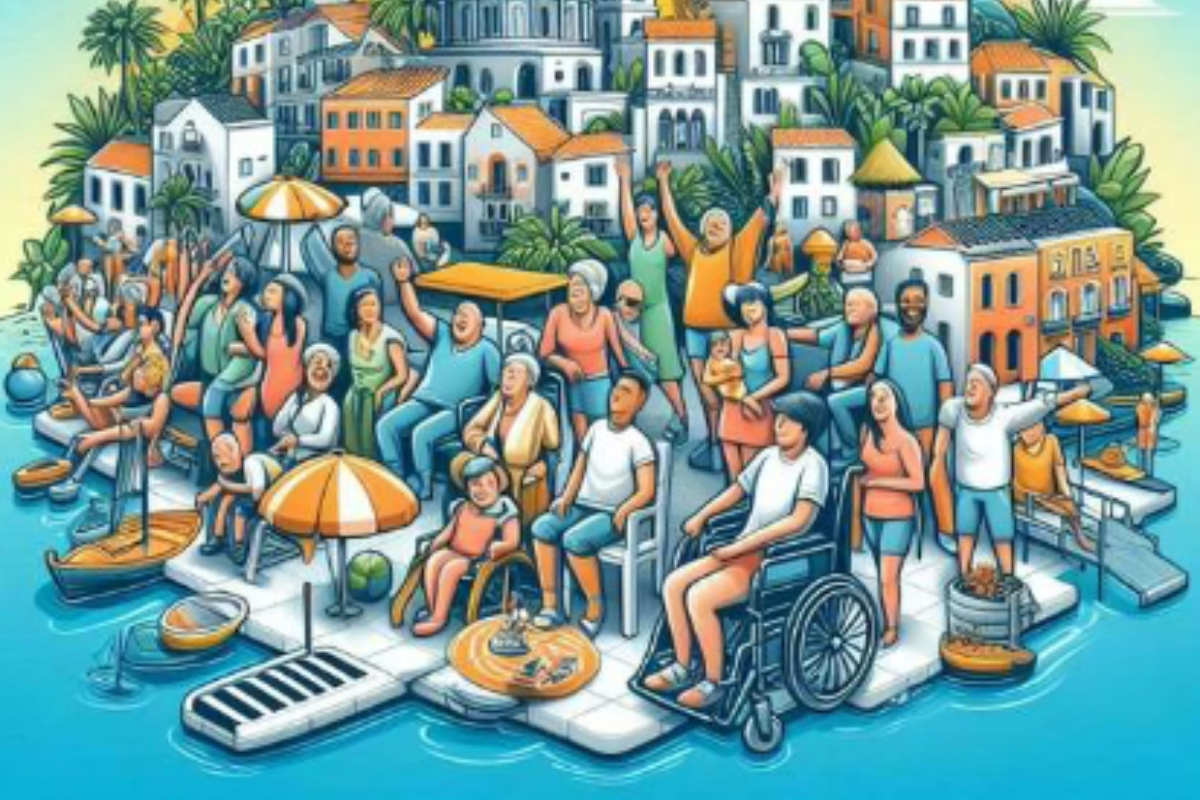Key Concepts of Accessibility in Tourism: Demonstrate a comprehensive understanding of accessibility principles and inclusive design in the context of tourism, with a focus on coastal cities.
Analyze Accessibility Challenges: Identify and analyze specific barriers and challenges faced by diverse travelers in coastal tourism environments, considering cultural, physical, and social dimensions.
Apply Inclusive Design Strategies: Utilize inclusive design and universal access strategies to propose improvements for tourist sites and services, ensuring they cater to a wide range of needs.
Collaborate in Multicultural and Interdisciplinary Teams: Work effectively within diverse, interdisciplinary teams to develop and pitch innovative solutions during the Hackathon, gaining skills in teamwork, communication, and problem-solving.
Develop Practical, Accessible Tourism Solutions: Formulate actionable and sustainable solutions that can be applied by tourism stakeholders to improve accessibility in coastal destinations.
Evaluate Impact of Accessible Solutions on Tourism Experiences: Assess how implementing accessible solutions can enhance the experience for all visitors, promoting inclusivity, social equity, and economic benefits within the tourism sector.
